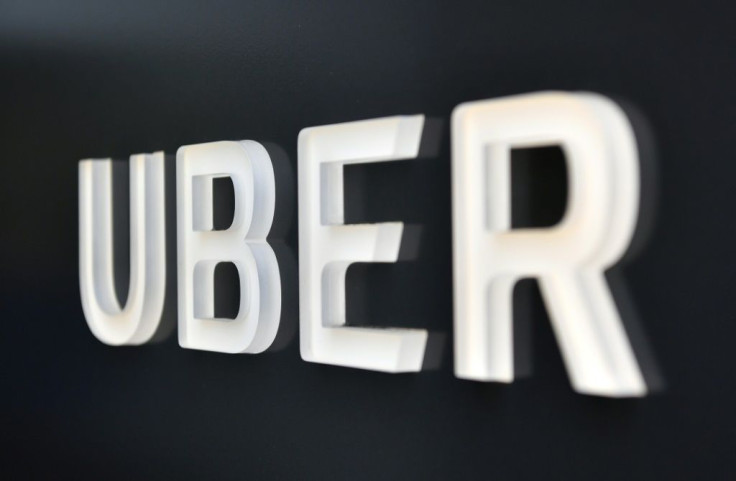Uber Suffers Fresh Legal Setback In Germany

A German court on Thursday barred Uber from offering rides through car hire firms, saying it lacked a licence to do so, in the latest legal setback for the US ride-hailing app.
A regional court in Frankfurt found that Uber's business model, which relies heavily on the use of vehicles from local car rental companies in Germany, violated several anti-competition laws.
The judges said Uber should have a rental car licence of its own because it was more than just a go-between connecting drivers and customers.
"From the passenger's point of view, Uber is providing the service," said judge Annette Theimer, pointing out that Uber set the prices and could pick the drivers.
The court also accused Uber of "not adequately checking" the car hire companies it works with, noting that not all drivers returned to their head office in between rides as legally required.
The ban is effective immediately but can still be appealed.
Uber downplayed its impact, saying it could continue to offer rides through independent contractors via Uber Taxi.
But the ruling is yet another blow to Uber in Germany, where a court in 2015 banned it from letting non-professional drivers offer rides in their own cars -- severely curtailing the firm's ambitions.
The federal association of taxis and rental cars welcomed Thursday's verdict, saying the court "had made it clear that Uber's system is illegal in Germany".
Uber stressed that customers could still use the app and said it would consider making changes to its business model to comply with the ruling.
"We will look at it closely and adapt our offer if necessary so we can continue to be there for our users and drivers," tweeted Tobias Froehlich, head of communications for Uber in Germany.
The Californian firm has long faced an onslaught of legal challenges in Europe, where taxi drivers have furiously accused it of not playing fair.
The popular app last month lost its London licence over what authorities called an "unacceptable" safety risk for passengers, after finding that trips had taken place with unlicensed, suspended or dismissed drivers.
Uber has vowed to appeal and continues to operate in London in the meantime.
In France earlier this month, an appeals court in Paris found Uber guilty of "unfair competition" and ordered it to pay a fine to taxi firm Viacab.
Founded in 2009, Uber operates in some 700 cities across 65 countries.
But its presence is relatively modest in Germany where it is available only in Berlin, Munich, Duesseldorf, Frankfurt, Cologne, Stuttgart and Hamburg.
Bitkom, a German trade federation for online businesses, said Thursday's ruling showed that transport legislation had failed to keep up with the disruptions caused by ride-hailing and -sharing services.
"The law protects the profits of taxi companies at the expense of consumers," said Bitkom head Bernhard Rohleder.
"This is not about a single company, it's about an entire industry and the question of how we want to organise climate-friendly, comfortable and affordable mobility," he added.
A recent Bitkom survey found that 82 percent of respondents thought the rule forcing hire car drivers to return to their workplace before being allowed to pick up a new fare should be scrapped.
© Copyright AFP 2024. All rights reserved.





















